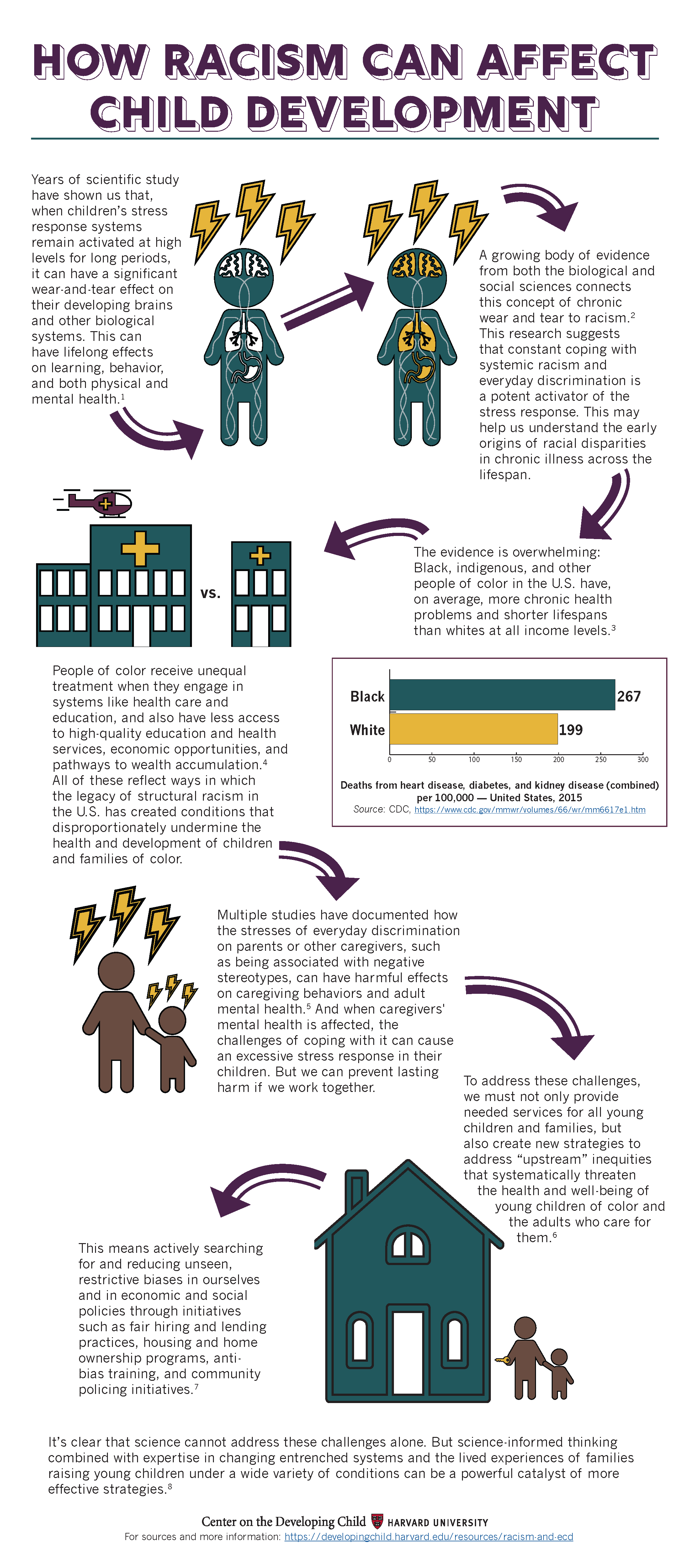Since the 1990s a significant body of research has emerged about the impact of Adverse Childhood Experiences such as trauma, neglect, family dysfunction and lack of safe attachment on the body and brain.
Toxic stress during childhood – long-term physical and sexual abuse, emotional neglect, witnessing domestic violence, lack of safe and secure attachment – disrupts the wiring of the developing brain and releases stress hormones that alter key biological systems.
The stress response – fight, flight or freeze – is useful in protecting us from danger, but is very damaging when triggered repeatedly during trauma. Children with toxic stress experience constant fear and danger; their brains are overloaded with stress hormones. Over time, the excessive activation of the stress response system makes these children more likely to develop chronic illnesses and struggle with mental and behavioral health issues. They also have a more difficult time with learning and self-regulation.
Toxic Stress and Race
Now, a new Harvard University Medical School study published in the Journal of American Psychiatry suggests that systematic racism and the resulting racial disparities in housing, income, employment and education, have a noticeable impact on the brain development of children of color. The research links racial disparities to the type of toxic stress that creates changes in the brain that may have lifelong repercussions.
In the study of 1,786 Black children and 7,350 White children, ages 9 and 10, researchers found that “Black children experienced more traumatic events, family conflict and material hardship on average compared with White children.” Meanwhile, their parents or caregivers tended to have less access to education, had lower income levels and experienced higher rates of unemployment than White parents.
When the researchers went on to look at data from the children’s brain MRIs, they discovered that Black children experiencing these chronic stressors showed lower gray matter volumes in the amygdala and prefrontal cortex. These are regions of the brain that control the experience of emotions, and cognitive functions, including problem-solving, impulse control and the ability to regulate thoughts and feelings. Structural alterations of these regions are linked to numerous physical and mental health problems including Post Traumatic Stress Disorder.
Like individuals suffering from PTSD, children coping with the stressors associated with systematic racism, are essentially in survival mode, burning resources that support brain development, and good long-term health and well-being, according to the authors.
“The findings from this study thus have important implications for our understanding of the impact of socioeconomic and environmental inequalities on mental health in the United States and our understanding of racial differences in psychiatric disorder development, particularly PTSD, for which the literature on lifetime prevalence is mixed,” the study authors conclude. “Although more research is needed on the neurobiological consequences of racial disparities in childhood adversity, the present findings offer new insight into biological impacts of disproportionate stress exposure.”



